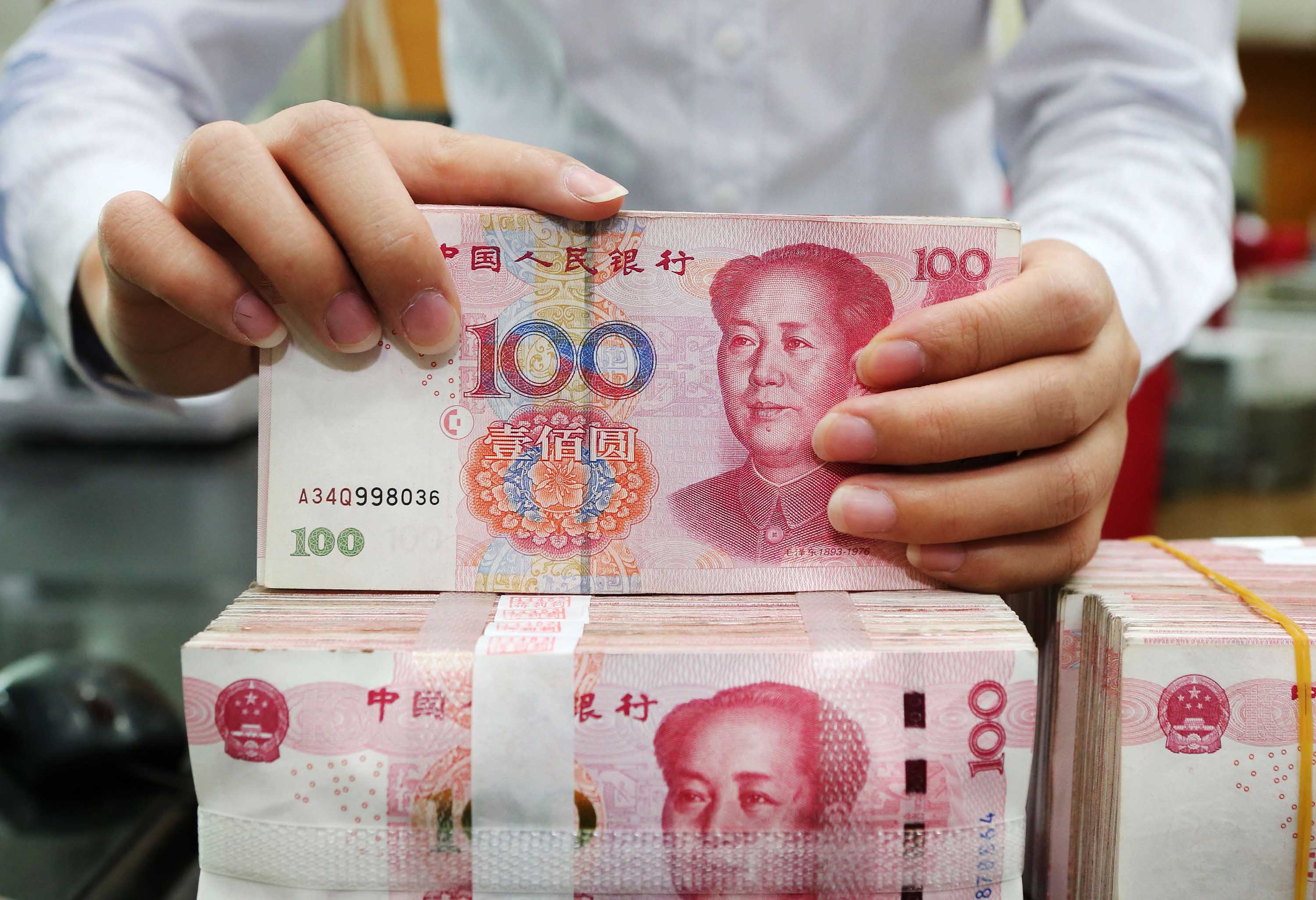Articles
Yuan Slide Prompts Exporters To Hoard Dollars Via Swaps
According to the country's currency regulator, Chinese corporations traded a record $31.5 billion for Yuan with commercial banks in the onshore futures market in July alone, and a total of $157 billion this year.

Yuan Slide Prompts Exporters
To Hoard Dollars Via Swaps
Chinese exporters are utilizing a sophisticated currency swap method to postpone turning their dollar revenues into Yuan for fear of losing out on possible gains in the US currency. China's state banks are parties to some of these swap transactions that enable exporters to convert their dollars into Yuan, indicating that the nation's currency regulator is at ease with these transactions even as authorities work to reduce the strong pressure on the Yuan in spot markets.
Exporters like Ding, a businessman from Shanghai, are reluctant to sell and convert their dollar earnings into Yuan because the latter recently fell to nine-month lows. Instead, they are holding on to their dollars.
"The main concern is
that the value of the dollar continues to rise."
The Yuan has lost more than 5% against the US dollar this year, with a 2% decrease this month alone, and is being forced even lower by foreign cash fleeing the deteriorating economy.
The swaps allow exporters to deposit their dollars with banks and receive Yuan in exchange, but only through a contract that will eventually reverse the flows and return their dollars.
Despite the fact that they
remove a much-needed source of dollar supplies into spot Yuan markets,
economists believe Chinese monetary authorities can't truly force exporters to
exchange dollars.
According to the country's currency regulator, Chinese corporations traded a record $31.5 billion for Yuan with commercial banks in the onshore futures market in July alone, and a total of $157 billion this year.
Ding had intended to convert his dollar holdings when the Yuan fell below 7 per dollar, a level reached only three times since the 2008 Global Financial Crisis.
But he changed his mind when expectations mounted that the Federal Reserve would continue to raise interest rates in the United States, and as the Yuan’s yields fell as China eased monetary policy to bolster stuttering economic growth.
"The growing monetary
policy divergence is the key reason behind the trend," said Gary Ng,
Natixis' senior economist for Asia Pacific.
The gravity of yield differentials will drag the Yuan and cause exporters to gamble on the dollar because it is unlikely that any fundamental change will occur in the short run.
HOW THE SWAP WORKS
In the currency forwards
market, rates have also changed due to rising U.S. yields and the expanding
disparity between them and Chinese rates. As a result, exporters are now under
no obligation to even lock in a forward rate to sell their dollars. Compared to
a current rate of 7.29, the one-year Yuan is quoted at 7.02.
According to traders, the
State Administration of Foreign Exchange allows sell-buy dollar-Yuan swaps when
enterprises utilize their own funds.
When exporters swap higher-yielding dollars for lower-yielding Yuan for even three months, they acquire local currency for commercial purposes as well as a 3.5% annualized gain on the swap arrangement.
"By trading FX swaps,
exporters can postpone their settlements while meeting their Yuan demand,"
said Becky Liu, Standard Chartered Bank's head of China macro strategy.
A less lucrative but equally effective method is for them to deposit the dollars at 2.8% and use them as collateral for Yuan loans, with net earnings of roughly 2%.
China's lenders have cut
dollar deposit rates twice this year to discourage hoarding and encourage
exporters to transfer their dollars into Yuan, but more of them appear to have
turned to swaps instead.
The largely state-owned China
Merchants Bank even encourages exporters to employ swaps.
"If companies want to retain their dollar deposits, they can sign up for foreign exchange swap products to increase the returns on dollar deposits," the bank said in trading guidelines.
Meanwhile, China's central
bank has stepped up measures to safeguard the Yuan, continuing a months-long
trend of setting firmer-than-expected Yuan mid-point benchmarks and even
requesting that certain domestic banks reduce their overseas investments.
Exporters' swaps, on the other hand, provide state banks with a large amount of dollars to employ in their Yuan operations. They can use swaps to buy the dollars from the onshore futures market and sell them in the spot market to slow down the rapid depreciation of the Yuan.

